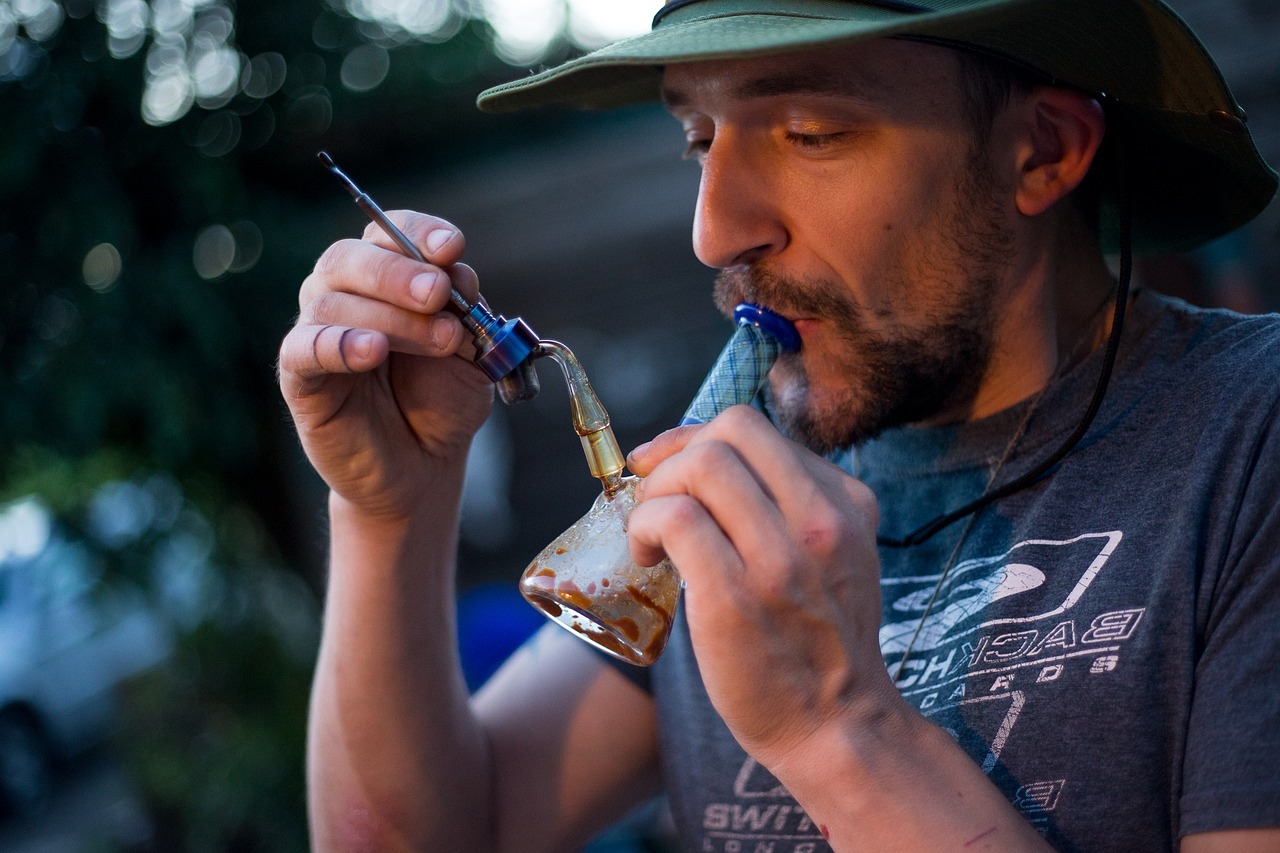Cannabis
Cannabis Legalization Reduces the Likelihood of Youth Using It
Recent research published in JAMA Pediatrics contradicts fears that cannabis legalization increases youth consumption. Analyzing data from over 898,000 high school students in 47 US states, the study found no increase and even a decline in youth cannabis use after legalization, challenging common arguments against legalization. The anonymous survey aimed to understand changing substance use behaviors.

In the face of the global debate on the cannabis legalization, one of the main arguments of opponents of this step is the fear that the availability of this substance will increase cannabis consumption among the youngest. However, recent research published by the American Medical Association shows quite the opposite.
According to a report published in the journal JAMA Pediatrics, the legalization of cannabis for adults in the United States not only did not contribute to an increase in its use among youth, but there was even a decline in the number of young people using this substance.
Background of the study on cannabis legalization
The study, conducted by an interdisciplinary team from Boston College and the University of Maryland at College Park, is one of the largest and most detailed reviews of the impact of cannabis legalization on youth substance use behavior. The research group focused on analyzing data from surveys completed by ninth- through twelfth-grade high school students collected from 47 states in the United States. In total, 898,271 teenagers took part, which gives a broad and representative spectrum of youth.
The survey, to which students’ parents had to consent, included questions about the use of cannabis , alcohol, cigarettes and e-cigarettes in the last month before completing the questionnaire. An important aspect of the study was that participants answered the questions anonymously, which was intended to encourage honesty and reduce the effect of the so-called “social desirability” in the answers.
The aim of the study was to understand how adolescents’ substance use behavior is changing in light of changing cannabis laws. This was particularly important in the context of widespread public discussions and debates regarding the impact of cannabis legalization on youth.
Main results
Analysis of the data collected by the research team provided several key insights. First, the introduction of recreational cannabis laws (RCL) did not result in an increase in the likelihood or frequency of cannabis use among adolescents. These results are counter-intuitive to the common belief that easier access to cannabis will result in greater use of cannabis by youth.
Data show that states that have legalized cannabis have not only seen no increases in youth use of the drug, but have seen significant reductions. The decline concerned not only cannabis, but also alcohol and e-cigarettes, suggesting that legalization may have a positive impact on overall risk behavior among youth.
The opening of retail cannabis markets had an additional positive impact, seen as a 28% increase in the likelihood of youth not using cannabis. This trend was even more pronounced with each passing year of retail cannabis regulation, suggesting that the long-term effects of these policies may be even more significant.
Interpretations and implications of cannabis legalization
These results provide important arguments in the discussion about the effects of cannabis legalization. Contrary to fears, regulating the cannabis market may help reduce its use among young people by controlling availability and increasing awareness of the risks. Additionally, the reduction in the consumption of other substances such as alcohol and e-cigarettes indicates that the legalization of cannabis may have a positive impact on youth’s overall attitude towards stimulants.
These results could have a significant impact on future cannabis legislation. More and more states in the US are considering legalizing it, and solid evidence that it has no negative impact on youth may convince policymakers to change their approach. Moreover, data from Washington confirm a downward trend in the availability of cannabis to minors, which may signal to other states that a controlled market may actually limit youth’s access to this substance.
Summary
Recent research makes an important contribution to the debate over the legalization of cannabis, showing that a properly regulated market can actually help reduce its use among young people and even reduce the use of other substances.
Further research and monitoring of the impact of these policies will be crucial, but current evidence suggests that concerns about cannabis legalization may be overblown. Ultimately, understanding and accepting the realities surrounding cannabis and its impact on society appear to be crucial to pursuing an effective and responsible drug policy.
__
(Featured image by djriel via Pixabay)
DISCLAIMER: This article was written by a third party contributor and does not reflect the opinion of Born2Invest, its management, staff or its associates. Please review our disclaimer for more information.
This article may include forward-looking statements. These forward-looking statements generally are identified by the words “believe,” “project,” “estimate,” “become,” “plan,” “will,” and similar expressions. These forward-looking statements involve known and unknown risks as well as uncertainties, including those discussed in the following cautionary statements and elsewhere in this article and on this site. Although the Company may believe that its expectations are based on reasonable assumptions, the actual results that the Company may achieve may differ materially from any forward-looking statements, which reflect the opinions of the management of the Company only as of the date hereof. Additionally, please make sure to read these important disclosures.
First published in FaktyKonopne. A third-party contributor translated and adapted the articles from the originals. In case of discrepancy, the originals will prevail.
Although we made reasonable efforts to provide accurate translations, some parts may be incorrect. Born2Invest assumes no responsibility for errors, omissions or ambiguities in the translations provided on this website. Any person or entity relying on translated content does so at their own risk. Born2Invest is not responsible for losses caused by such reliance on the accuracy or reliability of translated information. If you wish to report an error or inaccuracy in the translation, we encourage you to contact us

-

 Crypto6 days ago
Crypto6 days agoEthereum Pushes AI Integration With ERC-8004 and Vision for Autonomous Agents
-

 Biotech2 weeks ago
Biotech2 weeks agoByBug Turns Insect Larvae into Low-Cost Biofactories for Animal Health
-

 Business1 day ago
Business1 day agoDow Jones Near Record Highs Amid Bullish Momentum and Bearish Long-Term Fears
-

 Business1 week ago
Business1 week agoDow Jones Breaks 50,000 as Bull Market Surges Amid Caution and Volatility

























